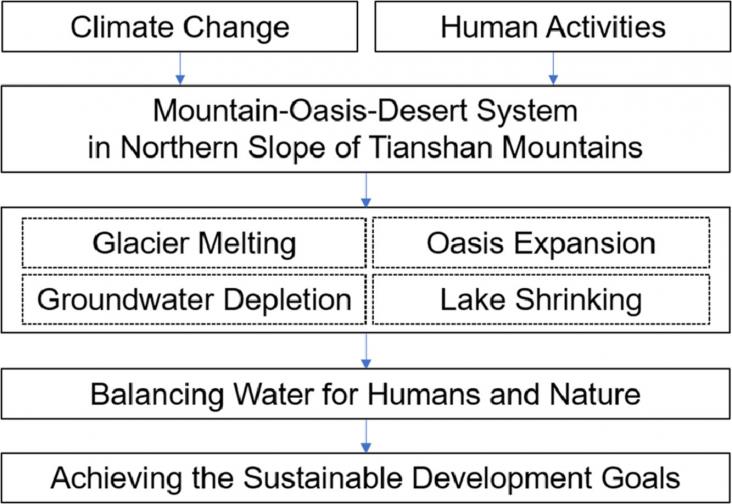This Comment article supports SDGs 3, 6, and 13 by highlighting that Africa has suffered disproportionately from the climate crisis; extreme weather such as severe flooding has damaged the water and food supply, increased food insecurity and malnutrition, and led to loss of cultivated land, shelter, and livestock.
This Article supports SDG 6, focusing on the variation in water insecurity between different sociodemographic groups in low-income and middle-income countries. The authors suggest that indiviudal-level measurements are needed to guide policy interventions that will serve those most in need.
This Article supports SDGs 3 and 6 by demonstrating that polio environmental surveillance by testing wastewater samples is a valuable tool for tracking the distribution of polio and non-polio enteroviruses, and could be instrumental for global poliovirus elimination efforts.
Investigation on the water quality
It discussed the sedimentary dynamics and droughts
Increasing agricultural water scarcity is threatening food security and ecosystem sustainability in China.
This article brings us a step closer to bringing clean drinking water to the world by detecting key harmful microbes.
Ultrafiltration with ceramic membranes of olive oil washing wastewater has been demonstrated to be an interesting alternative as a previous step for the recovery of phenolic compounds, which have outstanding antioxidant characteristics. In this way, the treatment of these wastewaters should be based on reusing water and, at the same time, on recovering valuable compounds.

Climate change and economic growth are responsible for increased water stress.This study provides a baseline understanding of the interplay among water, climate change, and socio-economic development in NSTM.
This study aims to analyse catastrophic floods and severe droughts affected by climate change from paleo studies to studies that focus on future projections.
